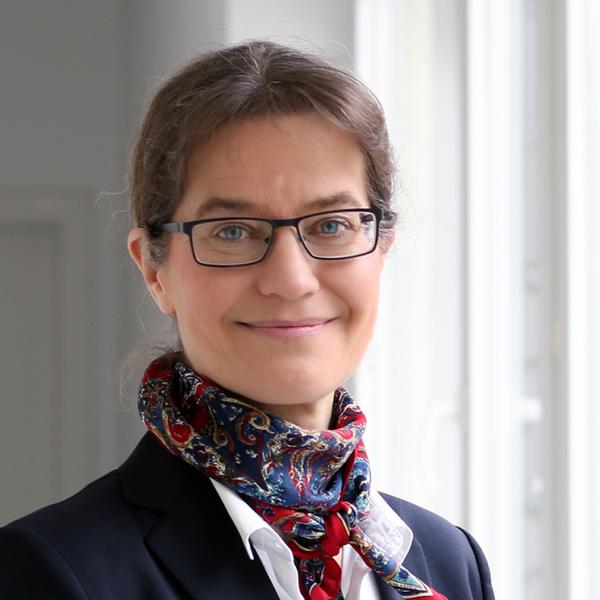EU in Quandary over Oil Embargo against Russia
According to the ifo Institute, Europe is in a quandary over whether to halt oil imports from Russia. “On the one hand, waiting with a decision would give the EU more time to better prepare by organizing alternative energy sources, reducing demand, and also optimizing the logistics of energy flows within the EU and across countries,” says ifo researcher Karen Pittel. “On the other hand, an oil embargo should not be postponed forever either, as more time would allow Russia to find other buyers while continuing to earn revenue from the EU.” A postponement would also reduce incentives in EU countries to prepare for a cutoff of Russian energy supplies.
“We assume that a reduction in supplies of Russian oil can be offset from other sources. But doing that for coal and oil at the same time, while shortages of Russian gas loom, is a challenge,” says Pittel, Director of the ifo Center for Energy, Climate, and Resources. The EU had already decided to impose a coal embargo for the summer because of Russia’s attack on Ukraine. However, an oil or gas embargo could hit Russia much harder than the coal embargo.
Pittel says that the impact on coal and oil prices depends on whether the embargo leads to a reduction in global supply. If Russia succeeds in selling its oil and coal elsewhere relatively quickly, the shock to the markets will be much smaller, she explains. However, this would also cushion the impact on Russia, at least to some extent.
“In principle, high energy prices are important in the current situation, because they signal to private households and companies that they should consume less energy,” Pittel says. “But low-income households need assistance to cope with an especially strong increase in energy costs.” The government should help those who cannot help themselves – for example, by making payments to poor households. For businesses, easy access to loans could help ease the burden while creating incentives to draw on as little public aid as possible. Short-time work could also help bridge disruptions on the labor market.

